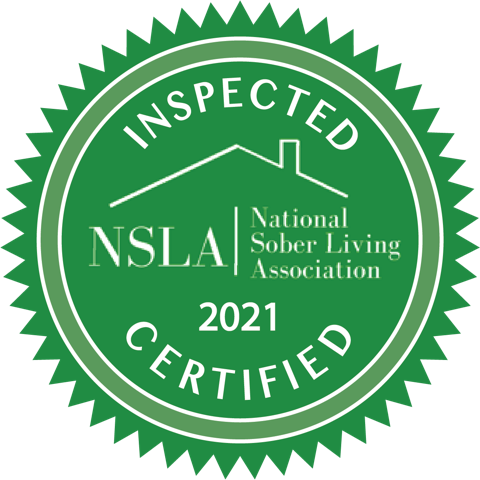Depression is one of the world’s most prevalent health issues, with symptoms ranging from mild to debilitating. For many people, mental health challenges and substance abuse go hand in hand, and simultaneously addressing both disorders is crucial. Despite all the progress you can make by following a 12-step program, you may still struggle with depression in early sobriety. Why does this happen, and how can you address it?
Early Sobriety Depression
Depressed people are not merely sad or apathetic; they have a chronic health condition that affects all facets of their lives. In the depths of depression, even routine daily tasks like showering and getting dressed can seem like an overwhelming challenge.
You may be more vulnerable to depression in early recovery because long-term substance abuse affects your brain’s ability to produce dopamine. Over time, your brain will produce less of this feel-good neurotransmitter on its own, and once you are sober, a lack of natural dopamine can make your days feel less enjoyable. Consider these five ways to combat depression for a healthier, more fulfilling life.
1. Find a Fulfilling Hobby
By choosing to get sober, you are “breaking up” with alcohol or drugs. Many newly sober people undergo a grieving process after ending a long-term relationship with their substance of use, leaving them feeling empty, aimless or hopeless. You will need to fill that void with something meaningful and motivational. For example, try volunteering in your community, which will allow you to pay it forward by offering a helping hand to those who need it. Volunteering for a cause you believe in can be extremely rewarding and bring a range of mental health benefits, including a sense of connection to something larger than yourself.
2. Make Sober Friendships
Surrounding yourself with positive people who understand your sobriety goals is essential for breaking the cycle of depression. In some cases, you might need to end relationships with people who do not support your substance-free lifestyle, but you can’t walk this path alone – isolation can be a relapse trigger. To help you handle the emotional ups and downs of depression in early recovery, find new friends to spend time with.
3. Spend Time Outside
One simple way to improve your mood is by going outdoors. Even a few moments of soaking up sunshine and breathing in fresh air can lift you up. Research has shown that vitamin D can play a valuable role in regulating mood and decreasing depression symptoms. For even more benefits, try combining your time outside with activities like exercising, gardening or meditation.
4. See a Therapist
Working with a qualified mental health professional or recovery coach can help manage symptoms linked with depression in early sobriety. For example, a therapist trained in cognitive behavioral therapy can teach you how to change your maladaptive thought patterns and adopt a more positive mindset.
5. Eat a Balanced Diet
Some foods might help you cope with depression without relying on medication. Eating various healthy foods like whole grains, lean proteins, beans, nuts and seeds will enrich your diet with essential nutrients like B vitamins, antioxidants, selenium and omega-3 fatty acids.
An Inspiring Setting for Lasting Recovery
If you are motivated to change your life by getting clean and sober, committing to the spiritual principles of 12-step recovery can benefit you. When you join the Still Waters community, you will benefit from an in-depth exploration of the 12 steps. Our staff and volunteers will mentor you throughout your journey by sharing their wisdom and experience.
Would you like to learn more about how our treatment philosophy can benefit you? Connect with us today.





